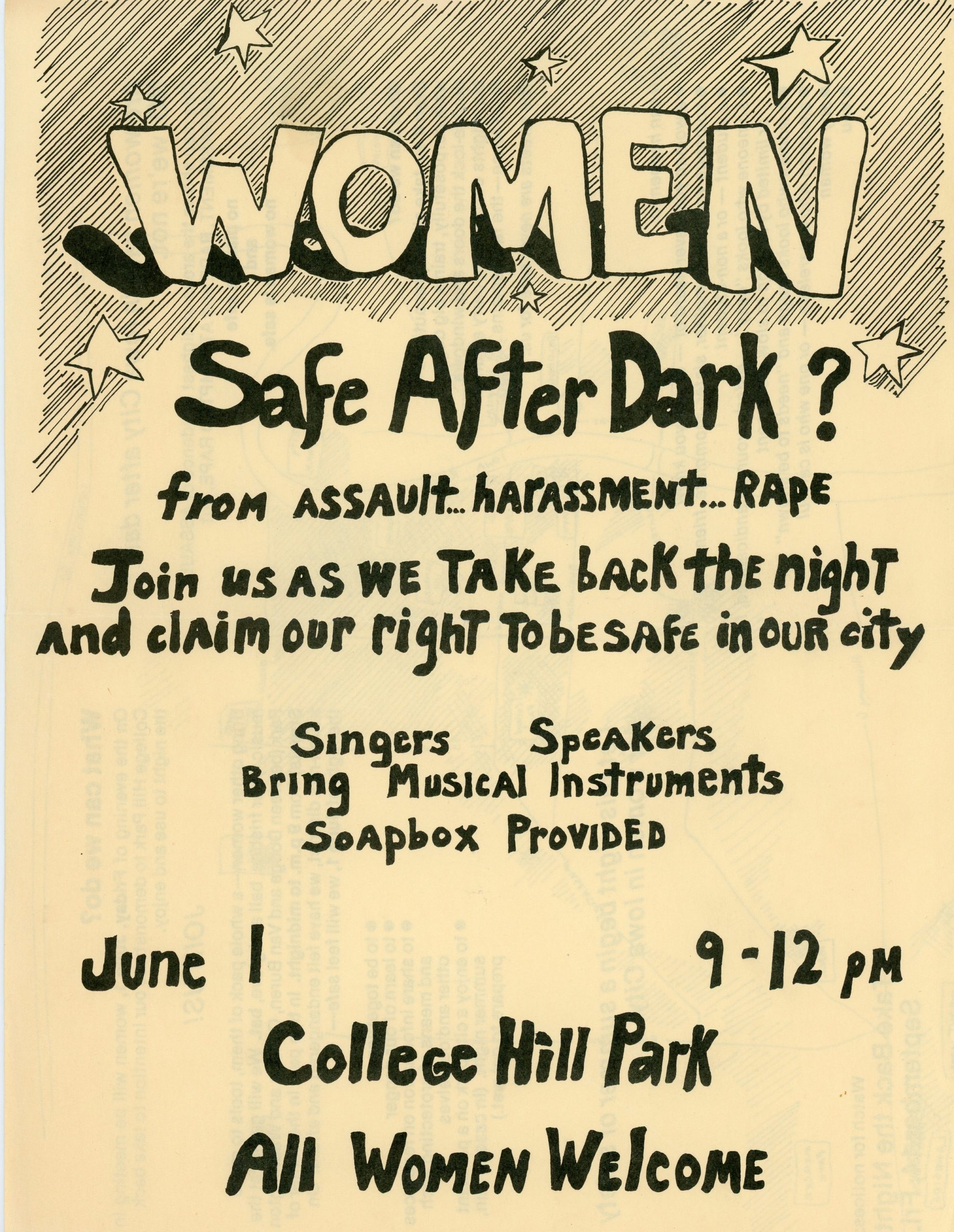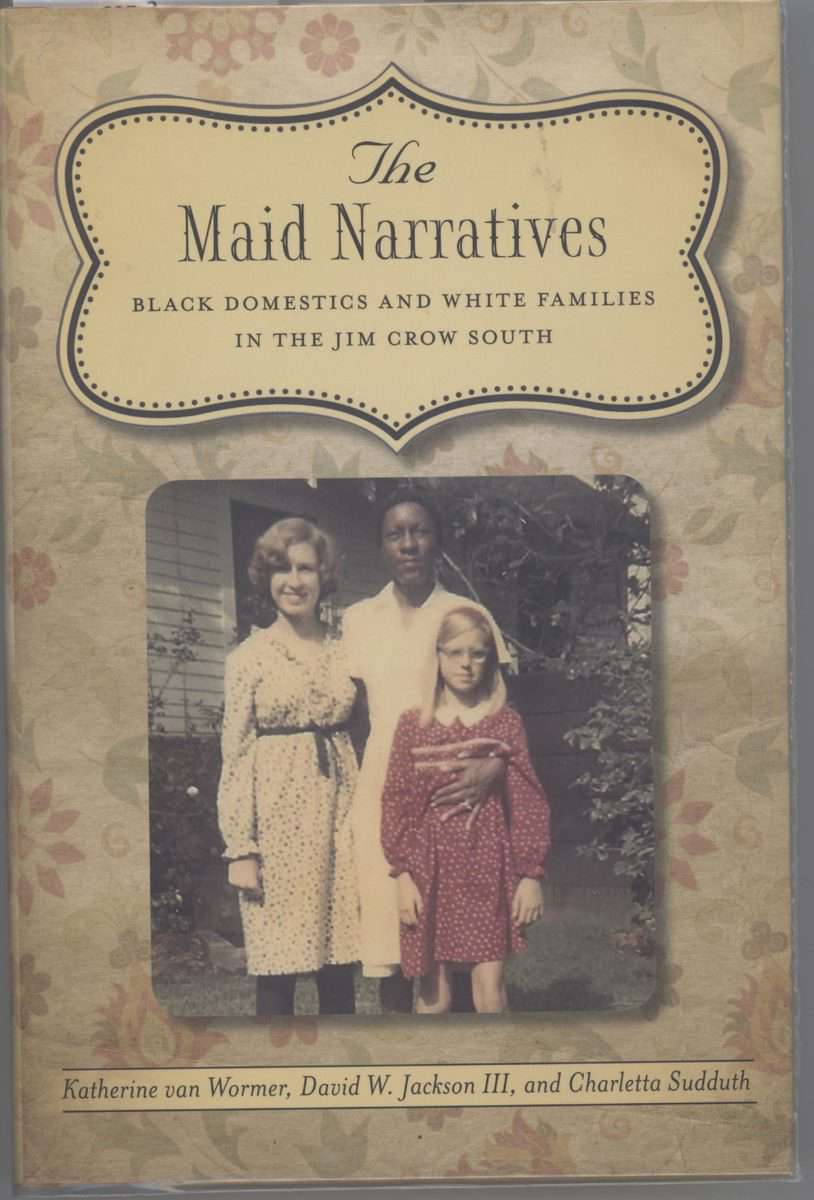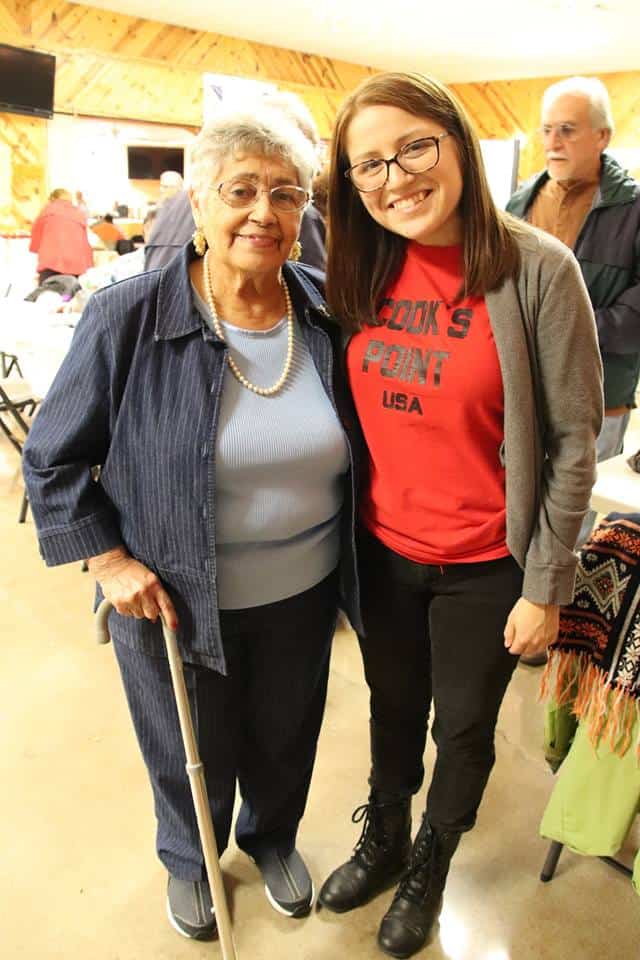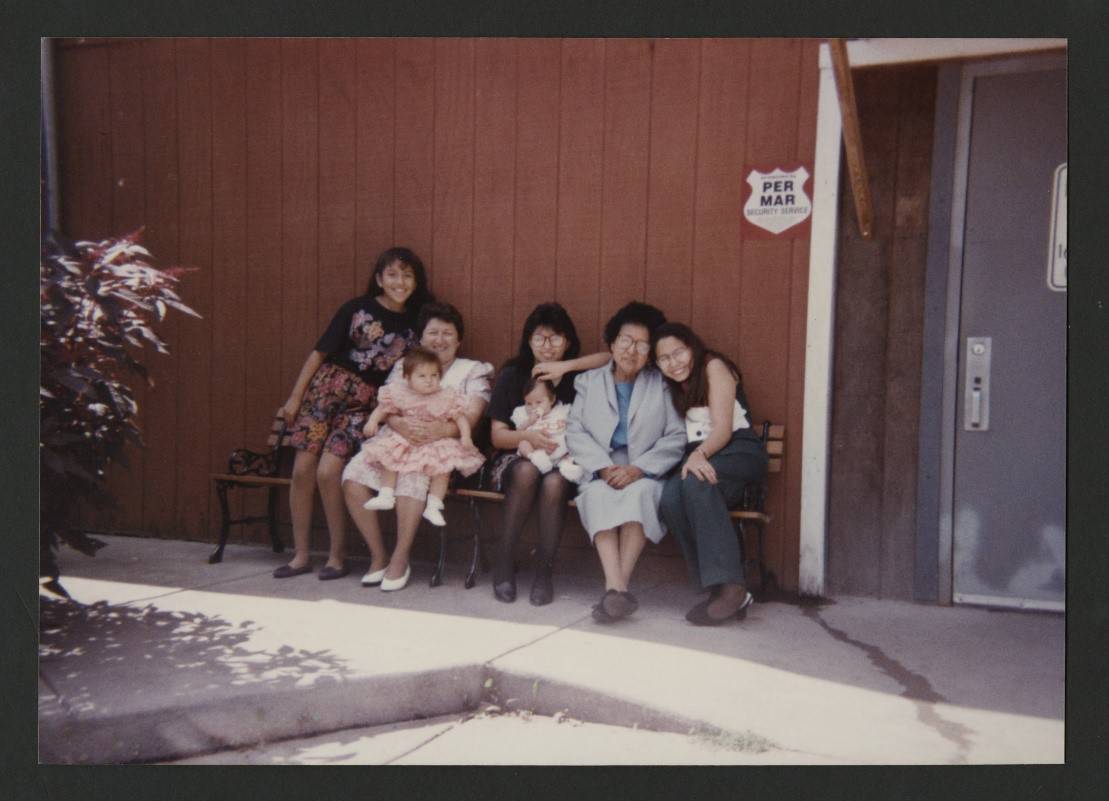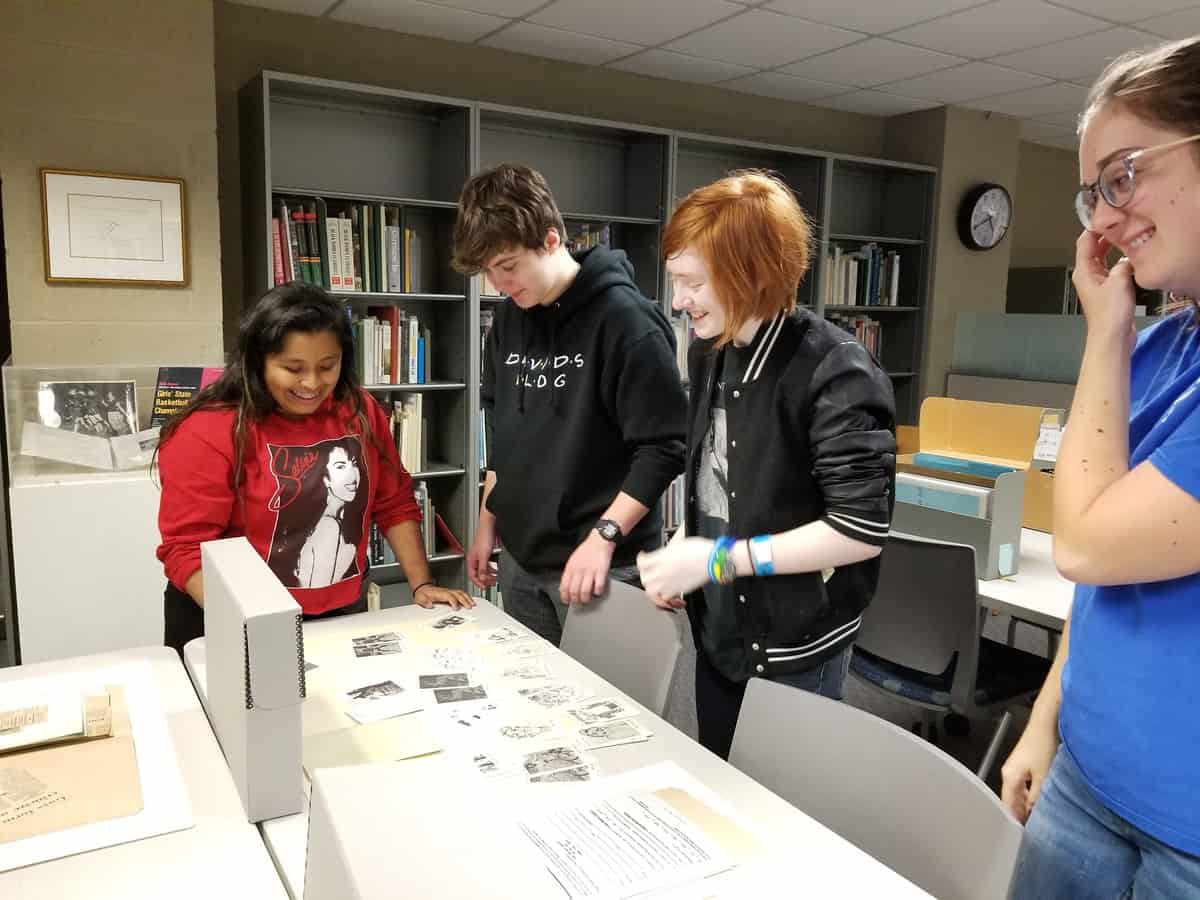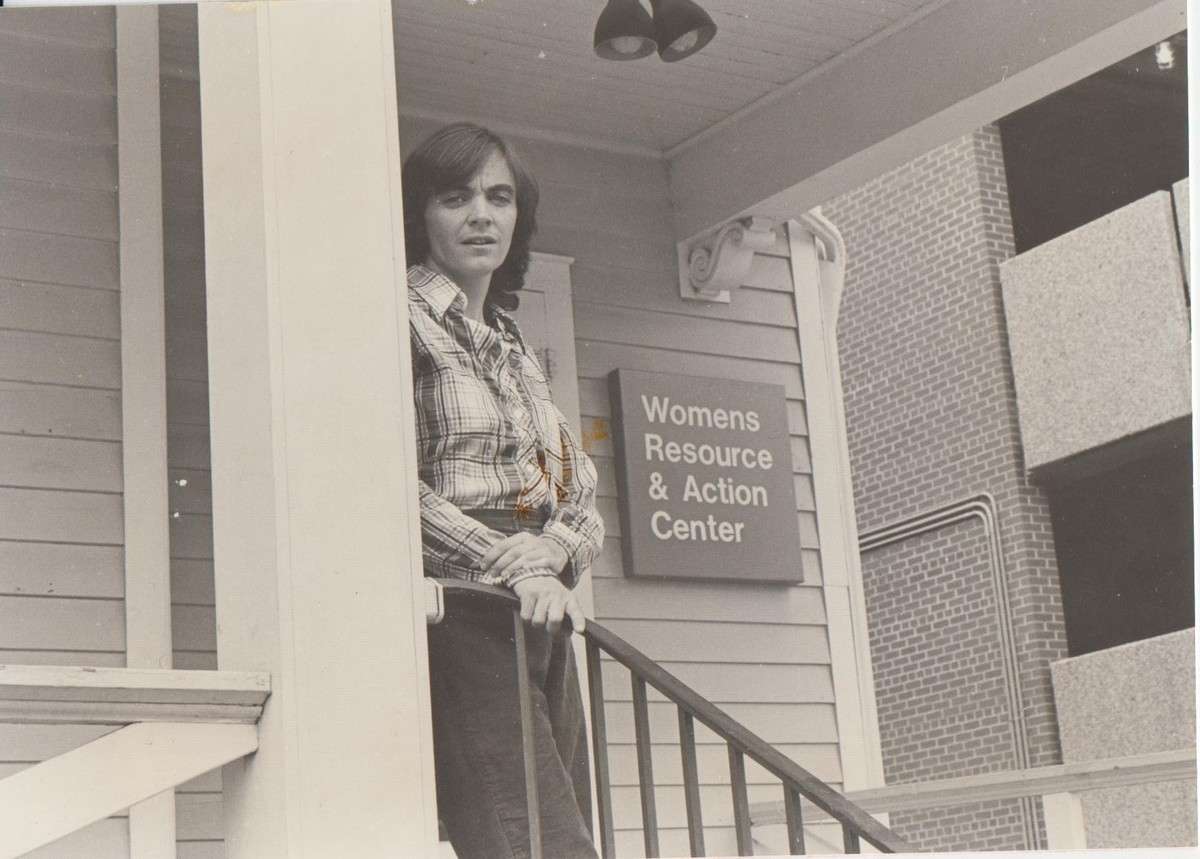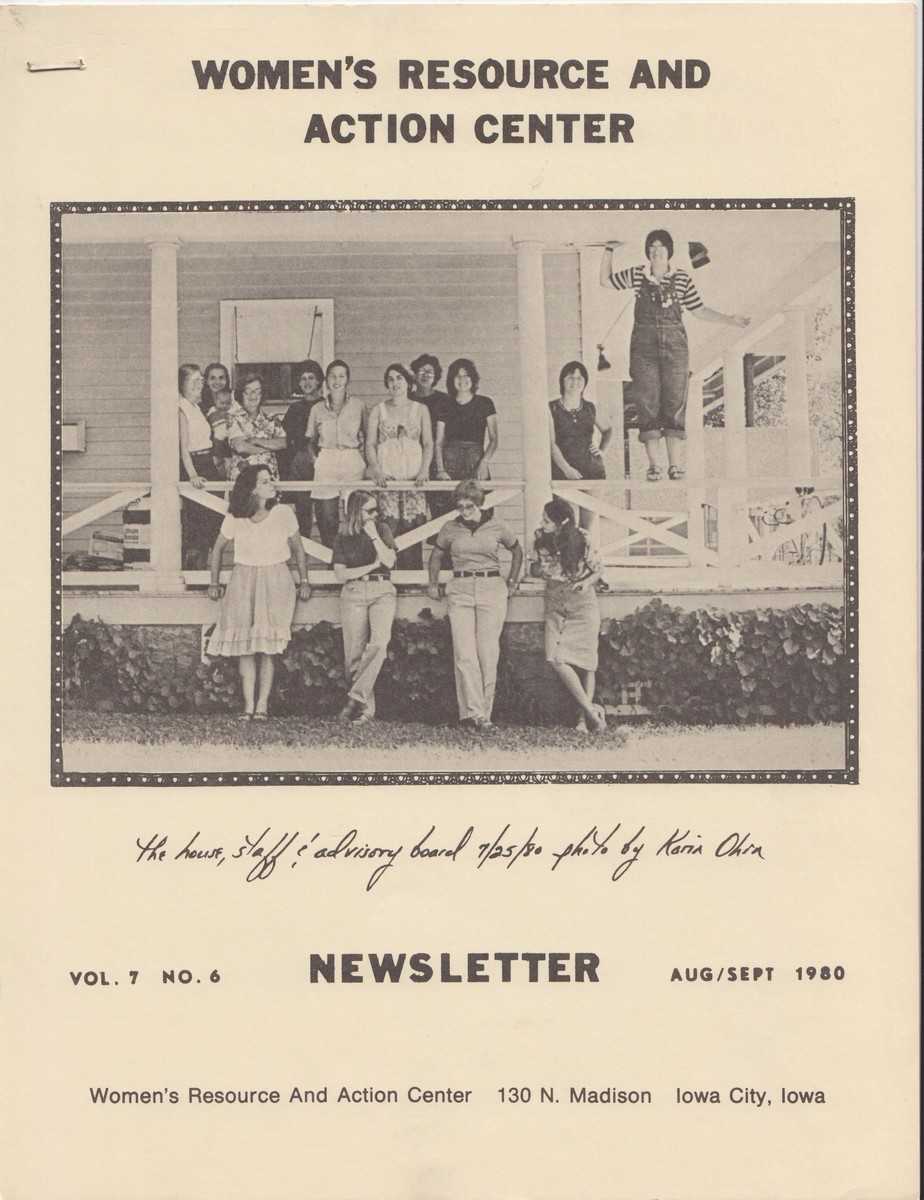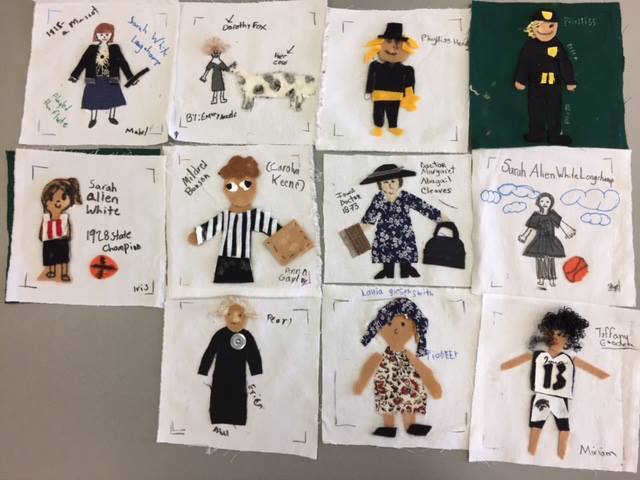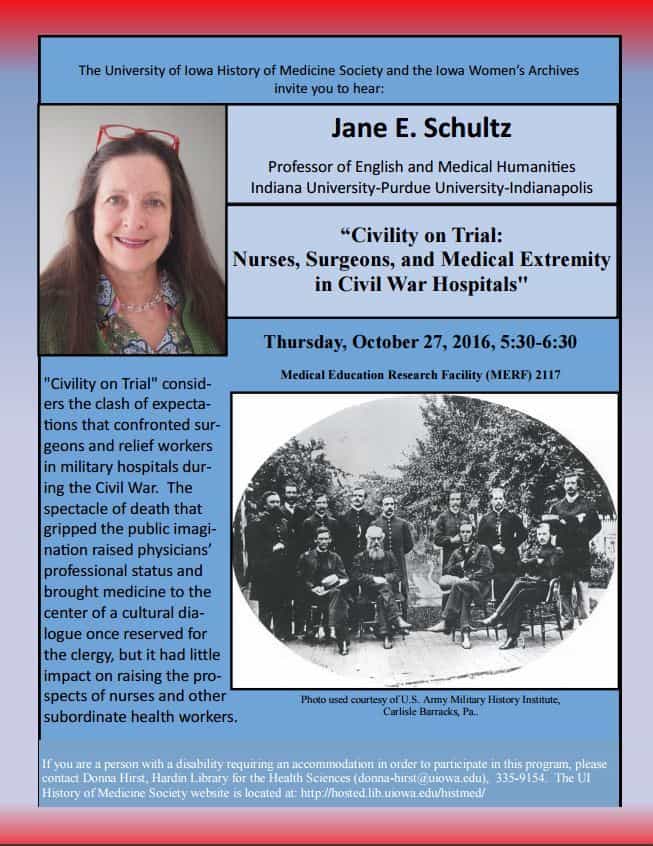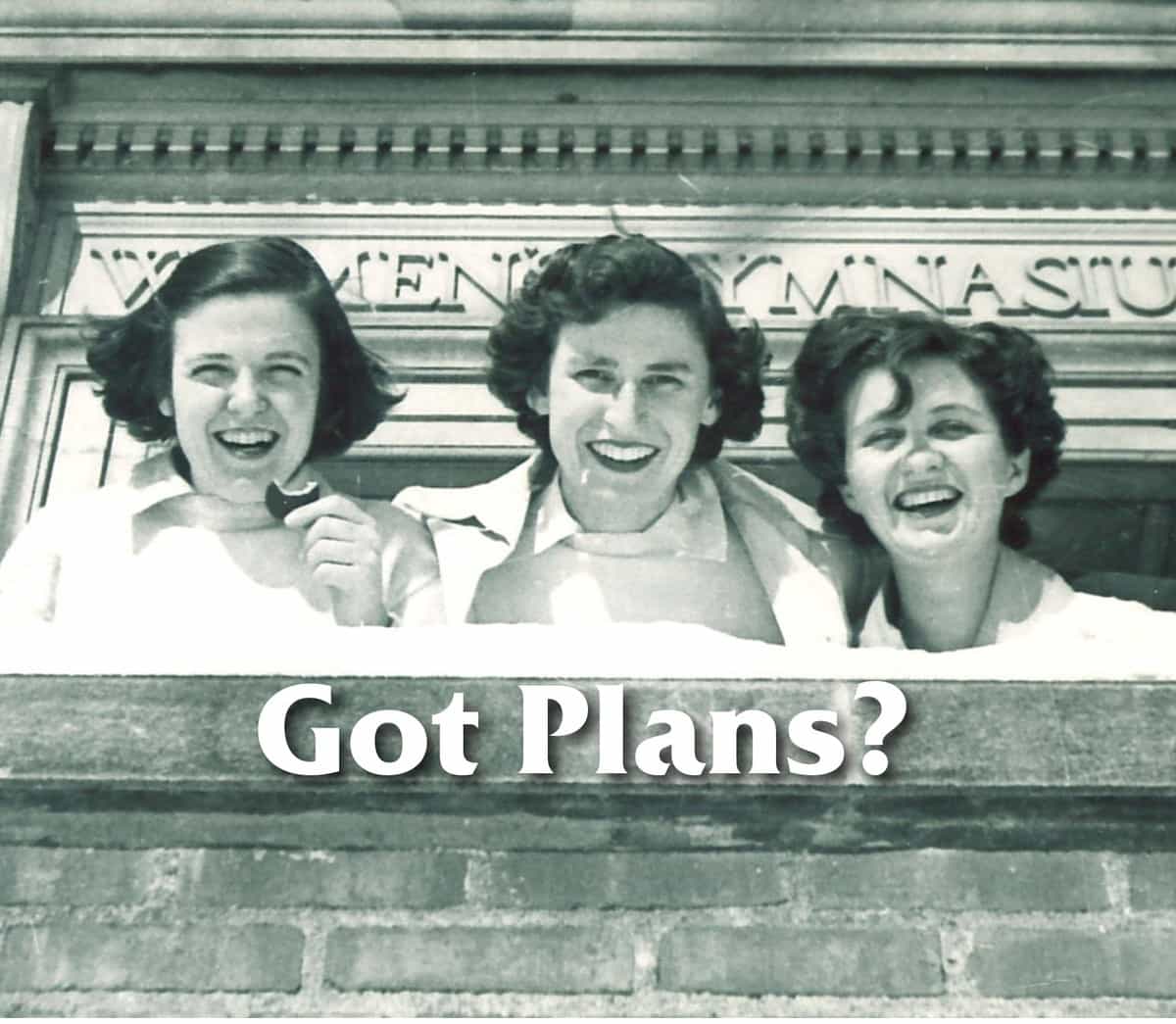On September 12, 1979, an advertisement for a rally appeared in the campus newspaper, the Daily Iowan. The outline of a woman with bows and arrows, shooting into the night sky was accompanied with the promise, “Friday evening at 8 p.m., the women of Iowa City will have a chance to support each other inContinue reading “Women Safe After Dark? The Beginnings of Take Back the Night at the University of Iowa”
Category Archives: Events
Iowa Women of the Great Migration: The Maid Narratives
This post by IWA Assistant Curator Janet Weaver and Graduate Research Assistant Heather Cooper is the second installment in our series highlighting African American history in the Iowa Women’s Archives’ collections. The series will continue weekly during Black History month, and monthly throughout 2020. The Iowa Women’s Archives is honored to be the repository forContinue reading “Iowa Women of the Great Migration: The Maid Narratives”
History Reflected Back: Part II
Below is a reflection from Micaela Terronez, Olson Graduate Assistant, on a recent talk about her interest in the Mexican barrios of the Quad Cities at a local community gathering in Davenport, Iowa. She will be giving a version of this talk at “Workers’ Dream for an America that ‘Yet Must Be’ Struggles for Freedom and Dignity, Past andContinue reading “History Reflected Back: Part II”
History Reflected Back: Part I
Below is a reflection from Micaela Terronez, Olson Graduate Assistant, on a recent talk about her interest in the Mexican barrios of the Quad Cities at a local community gathering in Davenport, Iowa. She will be giving a version of this talk at “Workers’ Dream for an America that ‘Yet Must Be’ Struggles for Freedom and Dignity, Past andContinue reading “History Reflected Back: Part I”
Activists in the Archives: Connecting High School Students with Local LGBTQ History
Guest post by Dr. Heather Cooper, Visiting Assistant Professor in History and Gender, Women’s, and Sexuality Studies During LGBTQ History Month in October 2018, I worked with the Iowa Women’s Archives and University Special Collections to organize an archives visit for students from West Liberty High School. The several students who were able to attendContinue reading “Activists in the Archives: Connecting High School Students with Local LGBTQ History”
Iowa City Feminists: The Women’s Resource and Action Center
“We will meet all of us women of every land. We will meet at the center, make a circle. We will weave a world we to entangle the powers that bury our children.” — cover art for WRAC’s December 1978 newsletter Iowa City’s Women’s Resource and Action Center (WRAC) opened in 1971 as a place for womenContinue reading “Iowa City Feminists: The Women’s Resource and Action Center”
Celebrating Iowa City’s Feminists
Join us this weekend, July 14-15, for the Iowa City Feminists Reunion! Many of the women who created Ain’t I a Woman, the Iowa City Women’s Press, Nahuatzen, and other publications featured in the Main Library’s current exhibit, Power to the Printers, will be here to reflect on their experiences as activists in Iowa CityContinue reading “Celebrating Iowa City’s Feminists”
Every Girl Has a Voice: 8-14 Year Old Girls Explore IWA
Every girl has a voice. Every woman has a story! This month the IWA held an event for area girls from ages 8 – 14. The girls learned about Iowa girls and women from decades past like Dora Martin Berry, the first black student to be named Miss State University of Iowa; Dorothy Fox Wurster,Continue reading “Every Girl Has a Voice: 8-14 Year Old Girls Explore IWA”
Do Not Miss Three Events from October 24th – 27th
From October 24th – 27th Trudy Huskamp Peterson, the former Acting Archivist of the United States, and Jane E. Schultz, Professor of English and Medical Humanities at Indiana University-Purdue University-Indianapolis, will visit the University of Iowa. A longtime friend of the Iowa Women’s Archives, Trudy Huskamp Peterson has made an international career of archives andContinue reading “Do Not Miss Three Events from October 24th – 27th”
